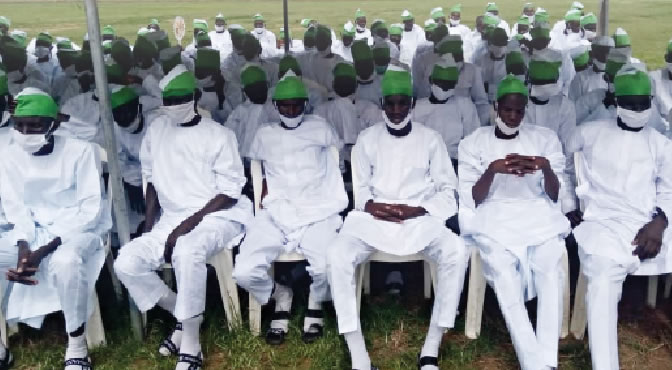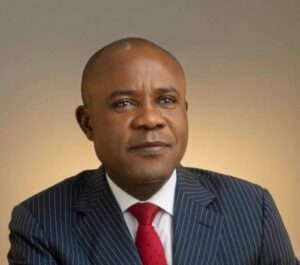
The Federal Government has allocated approximately N1.4 billion over the last 18 months for the rehabilitation of repentant terrorists and the establishment of trial centres for terrorism-related cases.
The expenditure follows the creation of the National Counter-Terrorism Centre (NCTC) after former President Muhammadu Buhari signed the Terrorism (Prevention and Prohibition) Bill into law on May 12, 2022. In December 2022, the government announced plans to establish two disarmament, deradicalisation, rehabilitation, and reintegration centres for former members of Boko Haram and other terrorist groups.
According to Rear Admiral Yem Musa (retd.), Coordinator of the NCTC, N2.4 billion was earmarked for these centres as part of the NCTC’s N3.8 billion capital projects for 2023.
Breakdown of Expenditures
Data from GovSpend, a civic tech platform, shows that between December 2022 and May 2024, the Ministry of Justice spent N1.4 billion on building rehabilitation centres and renovating structures for terrorism case trials.
In March 2023, the Ministry disbursed N612 million to three firms under Operation Safe Corridor for various projects, including:
N286.7 million to El-haby Concept Limited for renovating a building for terrorism trials at Giwa Barracks.
N21.5 million to Interprise Limited for consultancy on rehabilitation centre designs.
N303.7 million to Fosab Global Energy Service Limited for constructing a rehabilitation centre.
In 2024, additional payments totaling N179 million were made to three firms for similar projects, including N151.8 million for ongoing construction.
Secret Terrorism Trials
The NCTC recently announced that 325 terrorists were convicted during its Phase 5 and Phase 6 trials at the Kainji Detention Facility. Sentences ranged from death penalties to life imprisonment and terms of 20 to 70 years. Despite these efforts, the government has faced criticism for conducting the trials in secrecy.
Security experts have expressed mixed views on the issue:
Lekan Jackson-Ojo criticized the lack of transparency, questioning why such trials are kept secret when other criminal cases are publicized.
Chidi Omeje also condemned the practice, suggesting it could undermine trust in the judicial process.
Kabir Adamu defended the government, stating that security considerations justified the secrecy while emphasizing the importance of maintaining procedural integrity.
The government has yet to clarify plans for subsequent trial phases or respond to concerns about transparency in handling terrorism cases.






